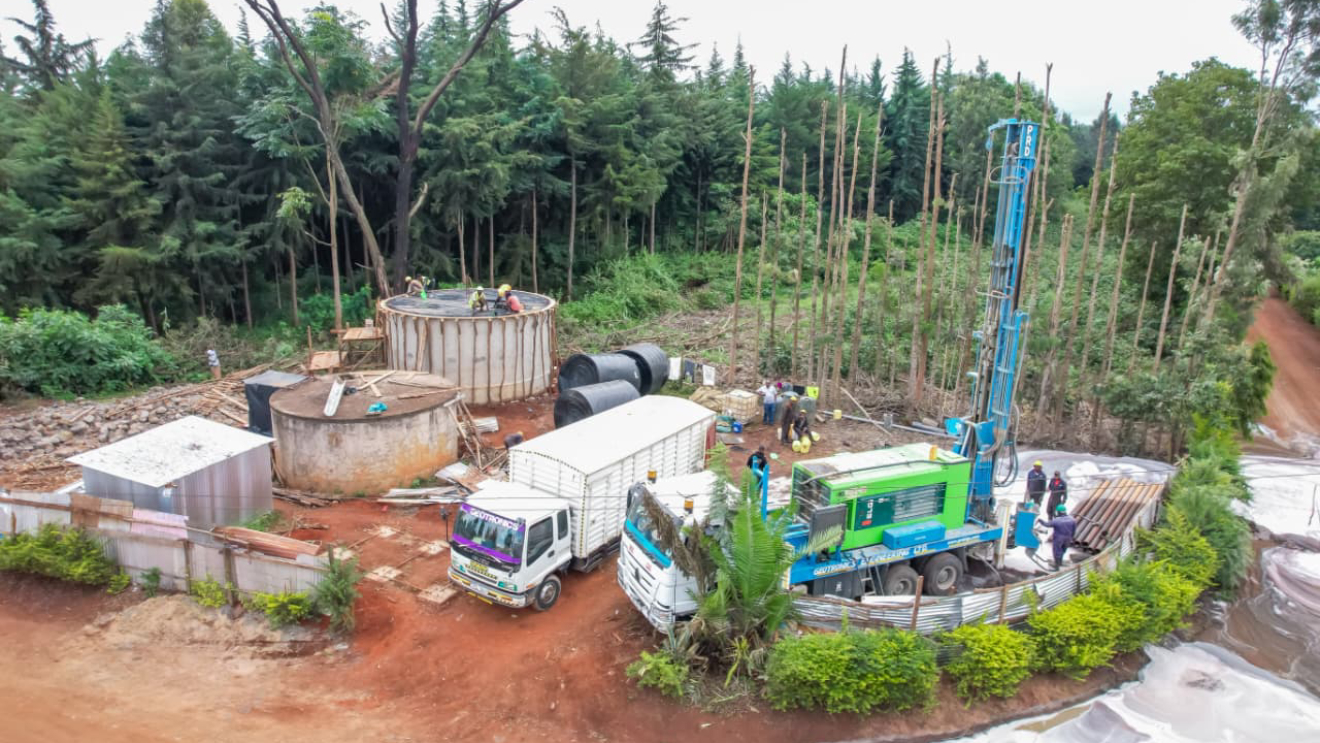Kenya has taken a significant step towards a new trade era with the European Union (EU) after the European Parliament endorsed a preferential trade deal.
This agreement, known as the Economic Partnership Agreement (EPA), offers Kenya continued duty-free access to the EU market for its exports while gradually opening its own market to European imports and investments.
The pact marks a significant departure for East Africa, where the wider regional trade agreement between the EU and the East African Community (EAC) stalled because of various concerns raised by EAC members.
Kenya, however, opted to pursue a separate deal, seeking to secure its crucial export market and attract foreign investment.
Benefits for Both Sides
Read More
The EPA offers numerous advantages for both Kenya and the EU.
Kenyan exporters, primarily agricultural producers, will continue to enjoy duty-free access to the lucrative EU market.
This ensures continued market access for Kenyan products like coffee, tea, and flowers, contributing to economic growth and job creation.
For the EU, the deal facilitates increased trade with a key African partner while upholding high standards in areas like labour, gender equality, climate change, and the environment.
The agreement specifically outlines enforceable provisions to prevent both parties from lowering standards in these crucial areas.
Gradual Market Opening and Safeguards
While Kenya secures duty-free access for its exports, the deal includes a gradual reduction of tariffs on imports from Europe over a 25-year period.
This phased approach allows the Kenyan economy to adapt and adjust to increased competition from European goods.
Additionally, the agreement includes a crucial safeguard clause preventing the EU from unfairly flooding the Kenyan market with subsidized agricultural products.
This safeguard ensures Kenya's food security and protects domestic producers from unfair competition.
Unique Path for Kenya
The EU-Kenya EPA differs significantly from the stalled EU-EAC agreement, primarily due to the inclusion of robust climate change clauses.
This reflects Kenya's commitment to tackling environmental challenges, aligning the deal with global sustainability goals.
The agreement's ratification signifies Kenya's unique path within the East African region.
While other EAC countries benefit from duty-free access under "everything but arms" trade arrangements for least developed countries, Kenya, now classified as a lower middle-income country, sought a separate agreement to secure its economic interests and diversify its trade partnerships.
With the European Parliament's endorsement, the deal now awaits final approval from EU heads of state and government, followed by ratification by the Kenyan Parliament.
Given the economic benefits and shared commitment to sustainability, the agreement's successful implementation is expected to pave the way for a strengthened trade partnership between Kenya and the EU.

-1709287834.jpeg)





 shares a light moment with the company's Group CEO Dr Patrick Tumbo (right) at a past event-1758121528.jpeg)